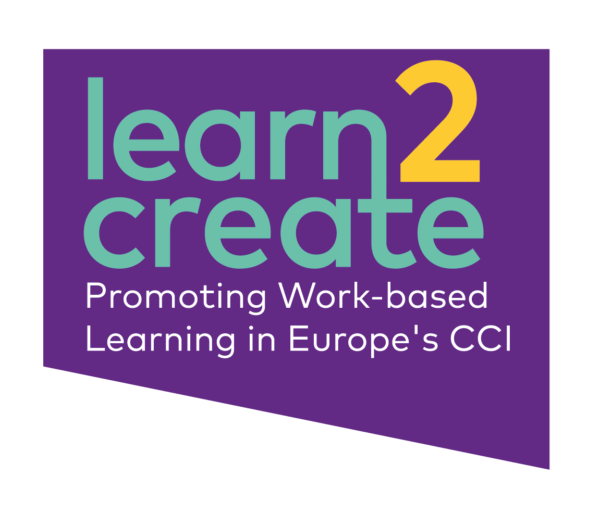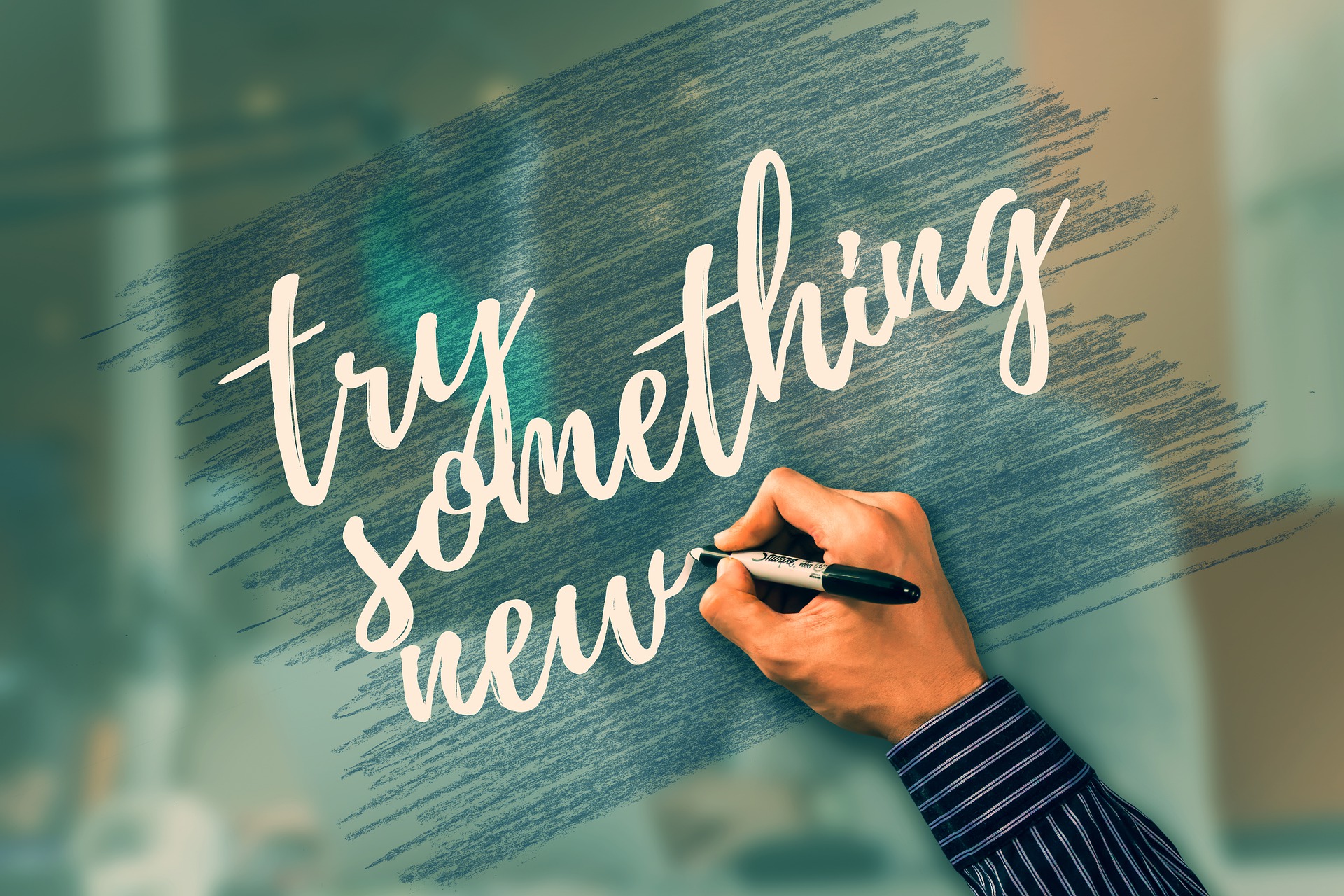- What are your personal experiences with WBL?
When I was still a student, I started to work at the Central Bank of Ecuador. It was a really nice learning experience in subjects such as data analysis. It helped me to improve my communication skills.
Nowadays, as a university professor, one of my main functions is to connect students with tourism businesses that are interested in organising a learning experience.
- Do you think the WBL should be developed into CCI in the future?
Absolutely! It is also important to promote more initiatives that provide cultural and creative professionals with opportunities to develop their projects. Tourism, for example, is a sector that has suffered a great impact with the Covid pandemic. Unfortunately, the Government of Ecuador has not developed a recovery plan yet. In this context, I have organised several sessions of “Creative lessons for students” to help teachers to foster the creativity of their students.
- How can you support your students in focusing on work-based learning experiences specific to the CCIs and map related curriculum context / needs?
I think it´s important to develop a closer relationship with the students and to connect them with peer institutions. We need to communicate to them the importance of soft and hard skills. Student also need to be able to learn from positive and negative experiences, and to translate them into the academic field.
From the point of view of the employer, it is necessary to understand the needs and expectations of students in order to facilitate the process. Besides, it is important to keep constant feedback and to record the process, so it is possible to draw conclusions for future experiences.
- How do you think you can support your students in catching the opportunities that the Creative and Cultural Industries sectors can offer?
We must create learning opportunities for students. It is fundamental to develop their competences so they can enter the competitive labour market. How should we do this? By promoting activities in which they are able to explore what is happening outside the class, in the real world. They need to know the situation of the creative and cultural industries and make their own analysis. And to come up with original solutions to strengthen the sector.
- What do you think made the ultimate success of this experiential learning experience?
Every experience involves emotions and sensations. We need to trigger these emotions so the student engages in the activity. We need to know their interests and beliefs.

Gerson Sopó is a Professor in Entrepreneurship and Research Methods. In the present article, we gather some of his insights on WBL and the current situation of the creative and cultural sector.


